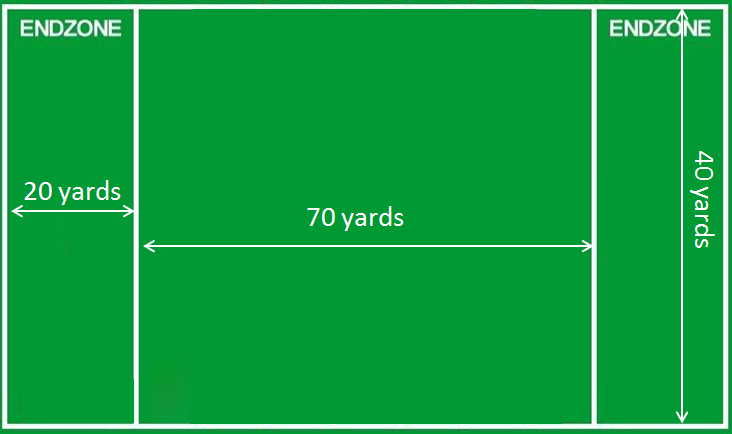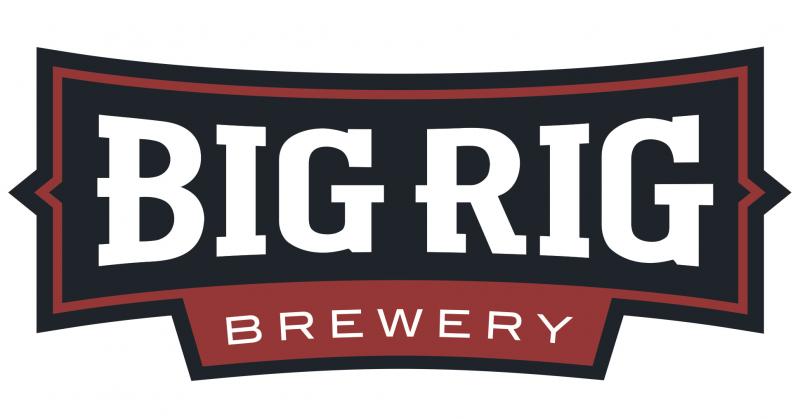How to Play Ultimate
Ultimate is a fast-paced and exciting disc-sport. It can be played by anyone of any age or any skill-level. Ultimate players love it because of its excitement, fitness benefits, and friendly team atmosphere! In ultimate, teams of seven compete to move the disc up the field, to score points by catching the disc in the endzone. Players can’t run with the disc, and have 10 seconds to pass it once they catch it. If the pass is unsuccessful, the other team gets the disc and play resumes in the other direction.There are no referees in ultimate, and players are responsible for upholding the rules and making fair decisions. No contact between players is allowed, and the emphasis is on fair play and sportsmanship!
The easiest way to learn Ultimate is to start playing, but before you hit the field, here 10 simple rules to help you get started, as well as links to all of the common rule variations that we play with in Ottawa.
Ultimate in 10 Simple Rules

1. The Field -- A rectangular shape with endzones at each end. A regulation field is 70 yards by 40 yards, with endzones 20 yards deep.
2. Initiate Play -- Each point begins with both teams lining up on the front of their respective endzone line. The defense throws ("pulls") the disc to the offense. A regulation game has seven players per team.
3. Scoring -- Each time the offense completes a pass in the defense's endzone, the offense scores a point. Play is initiated after each score.
4. Movement of the Disc -- The disc may be advanced in any direction by completing a pass to a teammate. Players may not run with the disc. The person with the disc ("thrower") has ten seconds to throw the disc. The defender guarding the thrower ("marker") counts out the stall count.
5. Change of possession -- When a pass in not completed (e.g. out of bounds, drop, block, interception), the defense immediately takes possession of the disc and becomes the offense.
6. Substitutions -- Players not in the game may replace players in the game after a score and during an injury timeout.
7. Non-contact -- No physical contact is allowed between players. Picks and screens are also prohibited. A foul occurs when contact is made.
8. Fouls -- When a player initiates contact on another player a foul occurs. When a foul disrupts possession, the play resumes as if the possession was retained. If the player committing the foul disagrees with the foul call, the play is redone.
9. Self-Refereeing -- Players are responsible for their own foul and line calls. Players resolve their own disputes.
10. Spirit of the Game -- Ultimate stresses sportsmanship and fair play. Competitive play is encouraged, but never at the expense of respect between players, adherence to the rules, and the basic joy of play.











